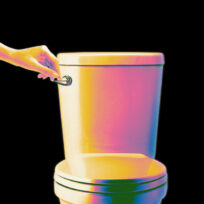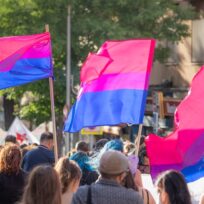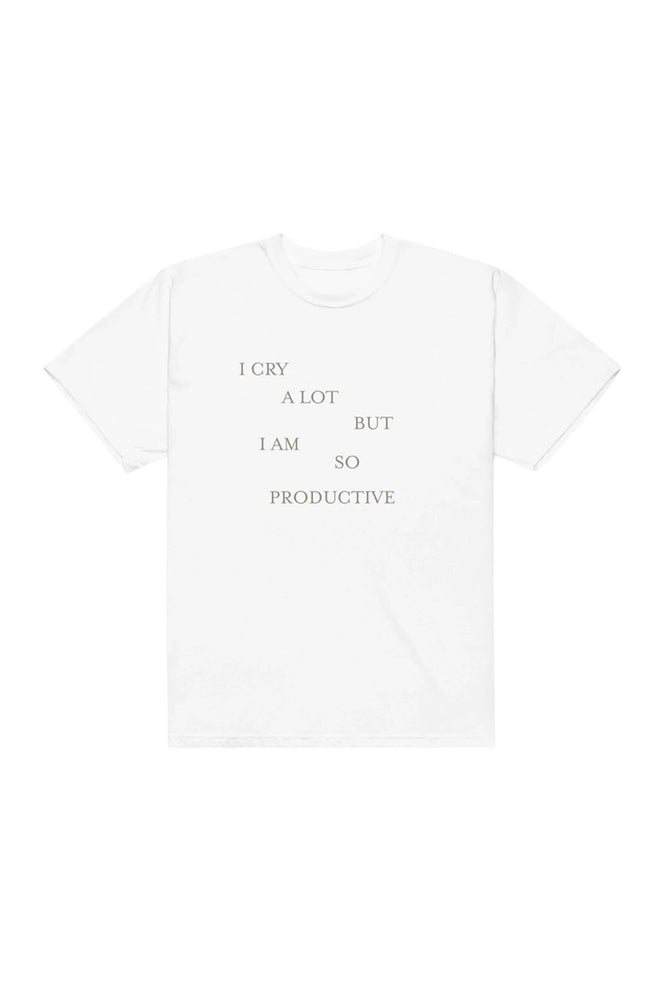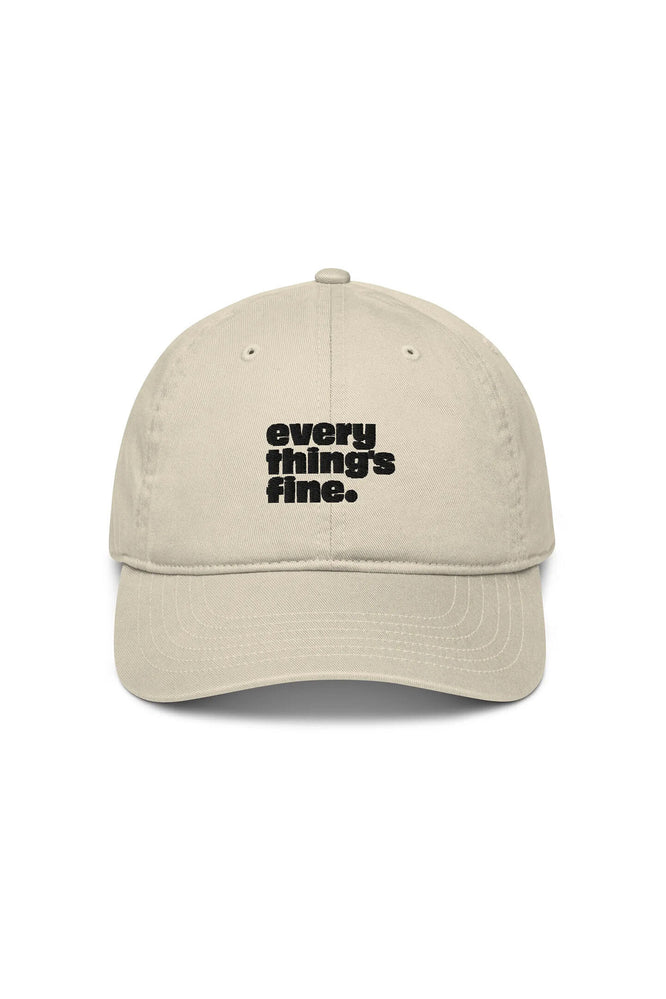In America, the diet industry is a billion dollar a year industry. It’s an amazing contradiction that obesity rates are steadily increasing while so many of us are on diets and following food “rules.” If these diets really, truly worked… why is it that this country is still considered the fattest in the world?
I hope by now we all know diets such as the Grapefruit diet or the Cabbage Soup diet or the Cookie diet are bullsh*t and so very early 90’s. If you’re on any one of these diets, get off them immediately. There is a reason why these diets are no longer relevant, and it’s because they don’t work. But it’s 2019, we don’t diet like that anymore, we know so much better now. Right? Wrong. There are still plenty of diets out there, that your friends and family might even be following, that are not helping you lose weight. I’ve ranked the top 5 unhealthy diets of today. Read on to find out what’s wrong about them and why they’ve set you up to fail.
5. Keto Diet
According to Google, this is the most searched diet of 2018. I guess it’s for good reason—everyone from Kourtney Kardashian to Vinny from Jersey Shore were singing its praises. Aside from being a reality star’s weight loss strategy of choice, the diet does not sit well with personal trainer Jillian Michaels. And I agree.
Keto, for anyone who does not know, is a high-fat and low-carbohydrate diet to put your body into a state of ketosis (which is when the body runs out of its primary energy stores and begin to burn fat). The average carbohydrate intake is capped at anywhere between 20-50 grams a day. For reference, a cup of rice is roughly 45 grams of carbohydrates. When a diet suggests replacing carbohydrates (even healthy ones) with fat, I begin to question it. I believe that the reason this diet could help weight loss is because by making people cut out whole food groups, it automatically reduces the energy intake of the person. For example, 200 kcal of fat is 2 tbs butter or coconut oil (any type of oil, really) and 200 kcal of carbohydrates is a cup of rice. But because for most people, the carbohydrate is much more palatable than fat, it is more likely than they’ll go back for second helpings of rice rather than second helpings of oil. By cutting out the food group completely, those on this diet are automatically “banned” from these foods. Now of course, how long a person is able to resist the temptation to fall off the keto wagon is up to them.
People in a cult always seem weirdly happy, which is how I know the keto diet is not a cult.
— Laura Marie (@lmegordon) March 18, 2019
Restricting carbohydrates will be easier or harder depending on the person, and while I advocate reducing sugar (a carbohydrate) intake for everyone, keto or no keto, I would advise anyone that wants to begin keto to look at the big picture. If this isn’t a diet you can see eventually developing into a lifestyle, please don’t start.
4. Dubrow Diet
When a reality TV star co-founds a diet with her doctor hubby, you should do a lot of research on its credibility before you start it. This diet builds off of intermittent fasting, which basically allows you to eat only at certain times of the day. The fast is anywhere between 12-16 hours (usually overnight). This diet has three phases, all based on varying time restrictions. The first phase has people fasting for 16 hours and is designed to help you curb cravings, apparently. The second phase incorporates a “cheat” that could last up to an entire day. The third phase is basically you continuing the second phase forever, but you can do 12-hour fasts five days a week and 16-hour fasts two days a week. The Dubrow diet doesn’t have any calorie guidelines but they do have suggestions for how many servings of each type of food you should eat a day.
What a crock of sh*t, to be honest.

First of all, if you’re going to intermittent fast, then do it knowing that that all this does is that it gives your body a break from digesting food. It’s not the magic solution to weight loss. If you eat 500 calories four hours after waking up, it’s the same damn calories that you would have consumed 30 minutes after waking up. The healthy way to intermittent fast is to consume roughly the same amount of calories as you would that day, in a different time frame so you’re not stuffed right before bed or you’re not forcing yourself to eat in the morning simply because we’ve been taught we “need breakfast.” It is DEFINITELY not fasting for certain periods and cheating for a whole day like this diet is saying. That sounds like a setup for a f*cked-up relationship with food. Which reminds me… if you’re an individual that will likely take a 12-hour fast to a 24-hour fast or if you have a complicated and negative relationship towards food and eating, please be very, VERY careful with doing any diets related to fasting.
PSA: WHEN YOU EAT THE FOOD DOESN’T MATTER NEARLY AS MUCH AS WHAT YOU’RE EATING AND HOW MUCH.
3. All Liquid “Cleanses”
I got some hate for talking about celery juice in one of my previous posts. Listen, if you’re somebody that is on a juice cleanse’s d*ck, then by all means, if that’s what’s working for you, gets your skin glowing and mind racing or whatever the f*ck. To me, I tell my clients this is called nutrient starvation. I don’t advocate any kind of cleanse, even for a day, but anything beyond a 24-hour liquid cleanse is NOT a good idea. If anyone close to me did that, I would snatch the green juice out of their hand, stuff a snack in their mouth, and drag them to the gym. It’ll do them a hell of a lot more good.
Don’t believe me? Read the label of your bottle of green juice next time. It’s all calories from sugars. There is no protein, no fat, no fiber, and all sugars. And some juice cleanse “plans” have you drinking up to 1,200 calories a day of SUGAR. It’s soda’s virtuous friend, but that’s not saying much, is it? Yeah, there’s vitamins in the juice, but there’s the same amount of those vitamins if you hadn’t just turned a whole salad into sugary water. Plus, if you drink up to 1,200 calories of sugars and vitamins you’re probably getting like 300% of your recommended daily amount of vitamins, which is going to end up in your pee. And you’d probably be a lot more full if you had actually eaten the food. And you’d probably be less of an irritable monster because the sugars will have less of an impact on your blood sugar levels and mood. But if you’re still not convinced then have fun, babe. Save some celery for the rest of us!
2. Military Diet
This diet was going to be number one. But because this dumb-ass plan only has you starving yourself for three days, I figured it was less unhealthy than starving yourself chronically. This diet comes with a specific three-day meal plan that amounts to approximately 1,000 calorie a day. It’s considered to be an extremely low calorie diet. In the three days you’re eating varying combos of food, such as hard boiled eggs, canned tuna, hot dog links with no bun, toast, some fruit, and a scoop of vanilla ice cream.

I can see why you would lose weight with this meal plan in three days, considering you’re not eating very much. I went hungry looking at the meal plan. I can also see why you would gain it right back on day four. I find it hard to believe this is what the military eats, because if you incorporate a strenuous workout while on this meal plan, you could very well pass out.
1. Extremely Low Calorie Diet
To be clear, an extremely low calorie diet is considered to be anything less than 1,200 calories, which is a bare minimum for a sedentary female. If you exercise, even mildly, I do not suggest eating any less than 1,500 calories per day. You don’t want to make your body kick into starvation mode and begin to hang onto every single morsel of food.

But there can be more serious consequences to following an extremely low calorie diet. When done over long periods of time, it may result in hair loss and loss of your period, because you’re f*cking with your hormones. You’re also going to look and feel super unhealthy. What makes this diet the most unhealthy diet of all is that over time, an extremely low calorie diet can morph into disordered eating. If you or anyone you know starts to exhibit signs such as excessive hair loss, irritability, loss of menstrual cycle and a tendency to avoid eating or social situations revolving around eating, please get help or assist them in seeking help. Call (800) 931-2237 to contact the National Eating Disorders hotline, or text “Connect” to 741741 to reach the crisis textline.
Images: Mark Zamora / Unsplash; Giphy (3); basicbitchfoundation / Instagram; lmegordon / Twitter

















































